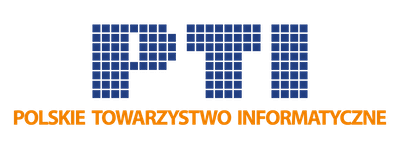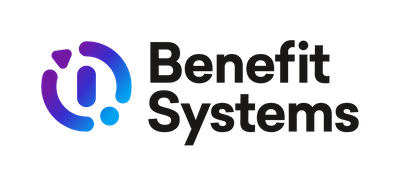
Demographic Profile
Technologies
Comment
Comment
For many years, we have observed a trend towards increasing automation in various areas of life, including industry, services, and the IT sector. Currently, knowledge of at least the basics of programming is almost a "must-have" among testers. This is clearly visible in the chart, where only 36% of manual testers surveyed do not use any programming language in their work. This shows that it is still possible to start a career as a tester or QA without working with code, but knowledge of any language definitely increases our chances of finding a job in this profession. It's not surprising - even if we do not automate our tests, thanks to the knowledge of programming basics, we are able to look into the developers' code and identify potential problems or design test cases based on it. It is also worth noting that among all the technologies listed in the ranking, only one always takes a place on the podium. One could say that SQL is like Leonardo DiCaprio - many nominations and only one Oscar. 😉 Knowledge of this language is clearly valued in the job market, so if we have not yet had any contact with it, learning it could prove to be very profitable.
Comment
Postman is definitely one of the most popular tools used for API testing. And, upon market analysis, it currently has no competition. However, very interesting changes are happening (and have already happened) in the popularity of tools for automating frontend tests. While for older projects, automated tests are mostly written and maintained using Selenium, the majority of new projects will go a completely different direction - choosing the framework known as Playwright. Playwright is a game changer in the world of test automation. This is shown not only by statistics, in which Playwright has caught up with Cypress, but also by the number of benefits it provides to testers: speed of operation, ease of maintenance, a low entry threshold for beginners, and strong community support. It is also worth emphasizing that the creators of Playwright are responsible for the development of Chrome, DevTools, and WebDriver, and are associated with companies such as Google and Microsoft.
Salaries
See how much companies are offering that are hiring right now. Check out new job offers for:





































We often forget that test automation is not just about executing scripts, but also about attempting to automate many other activities supporting quality control. Respondents representing roles not related to test automation, such as testers and leaders, most often use tools to generate test data. This is an area that can be relatively easily automated or utilize existing scripts available online, for example, on testerzy.pl. The need to generate specific data (positive and negative) and large data sets for automatic tests and to feed testing environments turns out to be the most important area of automation.
In the automation of test execution, meanwhile, acceptance tests and integration tests dominate. Unit tests are far behind. This is a frequently occurring practice of reversing the test pyramid of Mike Cohn (we write about this on the site). The test pyramid shows that a project should have many fast and cheap unit and integration tests, and few slow and costly automated GUI scripts.
In the survey, we also notice some confusion of concepts - 63% of respondents in the role of "automation-tester" indicate test automation acceptance, while end-to-end (E2E) and regression tests are automated at a level of 0.5-2.6%.
Acceptance tests themselves, as the name suggests, are used for the acceptance of software by the client/user and are usually run once. Therefore, they are not suitable for automation. However, tests verifying whether the software has not deteriorated in quality (regression and e2e) should be performed after each change, which makes them ideally suited for automation.
It seems that Polish projects still need to work on choosing methods and areas for automation.